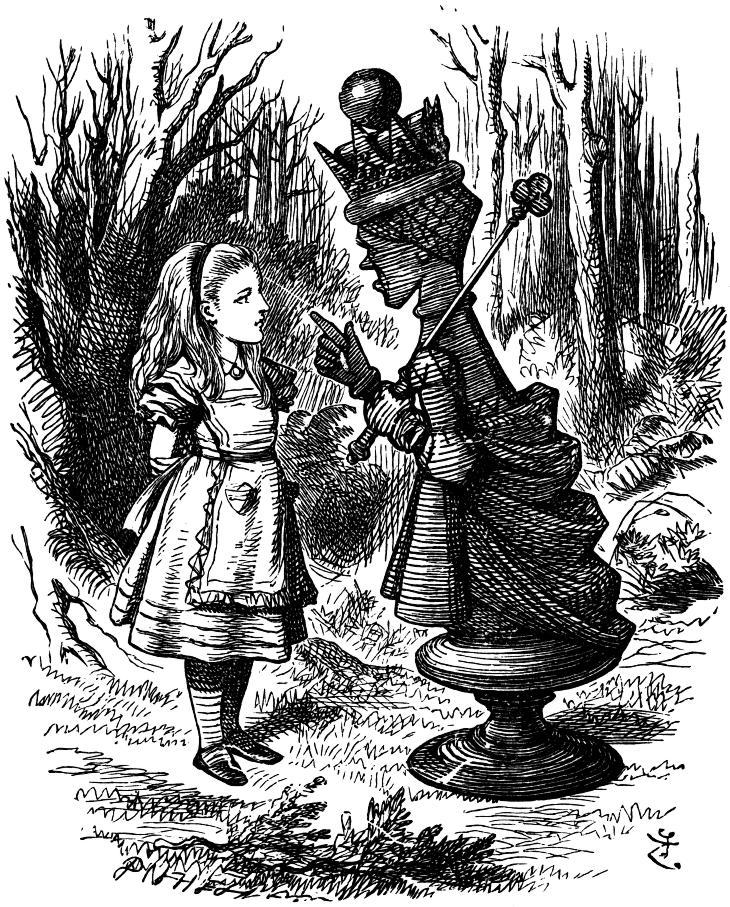The sailing ship effect is the paradox that the old reaches its peak just as it is being overtaken by the new. Sail, the argument goes, was at its most innovative just as steam was passing it. Evolutionary biology has the Red Queen effect, the Red Queen saying to Alice “Now, here, you see, it takes all the running you can do, to keep in the same place.”
The British empire just after the Great War was a 150 years on from the days when George Washington, who never went to England, was want to call it “home”. The empire was the Red Queen in full sail. It had reached its zenith in land with the acquisition of colonies held by the now-defunct German empire. But the rot had set in and Britain would soon win the second war with the loss of empire as the price.
A not-very-dramatic process of decolonisation was the way things unfolded for the white-ruled dominions of Canada, Australia, New Zealand, South Africa, the Irish Free State and Newfoundland. A number were signatories of the Treaty of Versailles and became members of the League of Nations.
By the Balfour Declaration of 1926, these dominions were to be regarded within the Commonwealth on a par with the UK itself, each the subject of and with common allegiance to the Crown.
This “post-colonial lite for white” was enshrined in the Statute of Westminster, which received royal assent on 11 December 1931.
The event highlights a great what-ifs of the modern age. Motilal Nehru, the founder of the political dynasty, had died earlier in the year. He had spent the years the dominions travelled the road from Versailles to Westminster trying to get India that same dominion status. The 1928 all parties conference in India wrought the Nehru Report, which made this a recommendation. During the conference, Mahatma Gandhi proposed a resolution that the UK should be given a year to accept the report’s recommendations or face a campaign of non-cooperation. The rest is history.
Edward VIII abdicated in 1936, the first and possibly not the last royal to resign for love of a resident of a former colony. The text of the instrument of abdication was:
I, Edward the Eighth, of Great Britain, Ireland, and the British Dominions beyond the Seas, King, Emperor of India, do hereby declare My irrevocable determination to renounce the Throne for Myself and for My descendants, and My desire that effect should be to this Instrument of Abdication immediately.
In token whereof I have hereunto set My hand this tenth day of December, nineteen hundred and thirty six, in the presence of the witnesses whose signatures are subscribed.
What is fascinating about this document – apart from the pregnant absence of the royal we in such a formal instrument – is the picture of the largest empire in history as a legal structure on the eve of its implosion.
There is Great Britain, which is at least England, Wales and Scotland. There is Ireland. But what is Ireland? It is two things, the northern component and the separate southern component the dominion just mentioned. There are dominions beyond the seas, ie outside the realm. And there is a separate place called India which has an emperor without being itself an empire. Parenthetically, the legal term “British Empire” has had next to no use in history compared to the popular term. Then there is, for inference only, all the rest, the vast lands of Africa, Southern America and Asia and the islands of the earth’s oceans. A king of Great Britain was not also king of the colonies, he was a king of Great Britain to whom colonials owed allegiance. In the early days of empire, one group of colonials put their grievance in the following terms and employed Mr Washington to make it good:
That these United Colonies are, and of Right ought to be Free and Independent States; that they are Absolved from all Allegiance to the British Crown…
Post-second war decolonisation is usefully albeit incompletely understood as a process whereby the crown thought it better to provide the absolution before the colonials took it.
The next day – today 11 December – is significant for two reasons.
First, the instrument was only made public – or more correctly “proclaimed” – on the 11th. Most online sites say that his successor – Edward’s brother with the two other brothers the witnesses of the instrument – began his rule on 11 December. This I think must be incorrect. The monarchy is a corporation sole, it cannot die. The king is dead, long live the king, as we commoners understand it, so if the king declares himself constitutionally dead I can’t see how the proposition yields a different result.
Moreover, when the abdicated king gave his address to the public on 11 December, he was introduced by the BBC as His Royal Highness Prince Edward.
Second, there was an immediate and powerful exploitation of the chaos by the Irish. Whatever the language of the instrument – and whatever the language of African, Asian, American or Australian historians and statesmen – there is no serious question that Ireland has a good claim to be the oldest colony of the empire. The Irish Free State took full advantage of its quasi-independence as a dominion and immediately dumped all references to the king and the crown in its constitution. The only role for the king was as representative of the state in foreign affairs, in context perhaps something of an Irish joke. All of which was contained in the Constitution (Amendment No 27) Act, initiated and signed on 11 December 1936.
Within a decade, the replacement of pax Britannica with pax Americana was beyond question. American exceptionalism is often and perhaps wrongly sourced to John Winthrop’s “City upon a Hill” lecture 400 years before. His direct descendant John Kerry was born in the midst of this process on 11 December 1943.
